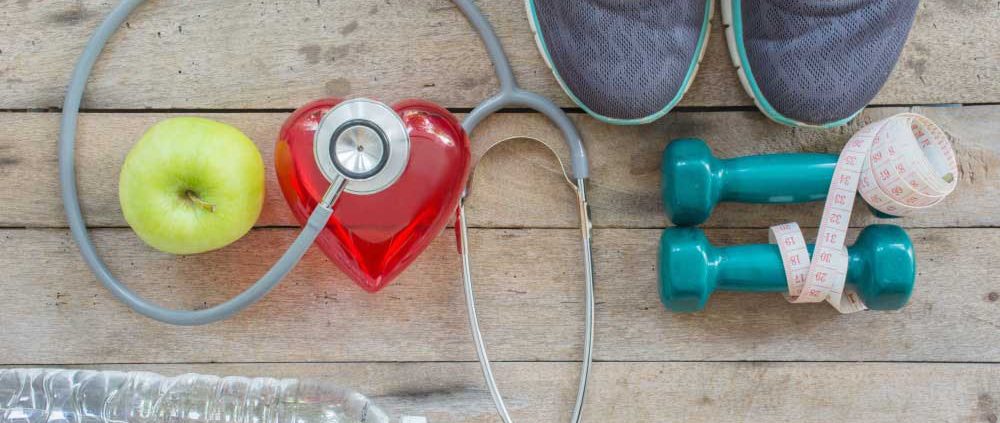New Guidelines for High Blood Pressure. Are You at Risk?
If you think your blood pressure is normal and you don’t need to be concerned, you may need to check again. Heart experts have issued new guidelines for high blood pressure, which means nearly half of all adults may now have blood pressure that is considered high.
Previously, blood pressure measurements above 140/90 were considered hypertensive. However, the new guidelines now mean blood pressure of 130/80 is considered stage 1 hypertensive and 140/90 is stage 2 hypertensive. High blood pressure can contribute to serious medical problems like heart attacks and strokes. With these new guidelines, it is especially important to know your blood pressure and what you can do to lower it. From exercise to diet, here are some ways to help keep your blood pressure at healthy levels. Make sure that you begin any regimen under your doctor’s supervision.
Medicate
It is important to talk to your doctor about your blood pressure and what needs to be done to control it. While, in some cases, blood pressure can be controlled naturally, often medication is necessary to bring it down to healthy levels. Medications such as diuretics, vascular dilators, and others can be used to help control blood pressure. Your doctor can help decide the best course of treatment and get you on the right medication for your needs.
Exercise
Exercise is one of the best ways to bring your blood pressure down. Increasing physical activity can lower blood pressure by 10 points. Being active makes the heart stronger and able to pump blood with less effort, putting less strain on arteries.
Although exercise can have a dramatic effect on blood pressure, it needs to become a habit to have lasting benefits. It can take one to three months for the exercise to bring blood pressure down, and the benefit only lasts while you keep exercising. If you head back to the couch, your blood pressure may increase to unhealthy levels again.
Get on the DASH Diet
A healthy diet can help reduce blood pressure. Heart experts have come up with a diet designed to lower blood pressure, called the DASH diet. The diet was developed due to the results of the Dietary Approaches to Stop Hypertension (DASH) study.
DASH calls for a diet high in grains, vegetables and fruit. It also calls for lower fat, with two to three servings of low-fat or fat-free dairy a day and no more than six servings of meat, poultry, eggs and fish each day. Sweets and nuts, seeds and legumes should be kept to fewer than five servings each week.
Related link: Ways to reduce the risk of blood clots
Lower Your Salt Intake
The DASH diet is also lower in sodium, with about half the amount of sodium of a normal diet. People with hypertension should consume less than 1,150 milligrams of sodium a day. Experts say a diet low in salt can improve blood pressure and may even help lower the risk of hypertension. A diet low in salt can help lower pressure for people with or without high blood pressure.
“We are always mindful of hidden sodium in the meals we prepare for patients,” said Reddy Kavinesh, dietary manager at Redmond Heights Senior Living. “High doses of sodium contributes to high blood pressure and other risk factors of heart disease. Fortunately, our staff designs meals that are delicious and nutritious.”
The highest amount of salt in the average person’s diet comes from processed or prepared foods, so cutting down on boxed foods and eating out is a good place to start. The best way to keep the added salt down is knowing exactly what is in your food by preparing it yourself.
Kick Bad Habits
Stop smoking and drink less alcohol and your blood pressure will thank you. Limit alcohol intake to two drinks a day or less for men and one drink a day or less for women. The nicotine in cigarettes raises blood pressure and hardens and narrows arteries. Quitting smoking can take some serious stress off your heart.
High blood pressure can lead to heart disease, kidney problems and strokes. Many people who previously believed they had healthy blood pressure levels may not realize they are at risk under new guidelines. It is crucial to know your risk for high blood pressure and take steps to lower your blood pressure before levels become hypertensive. Talk to your doctor about your blood pressure and the best way to bring it down.
This article was originally published by The Daily Herald.










